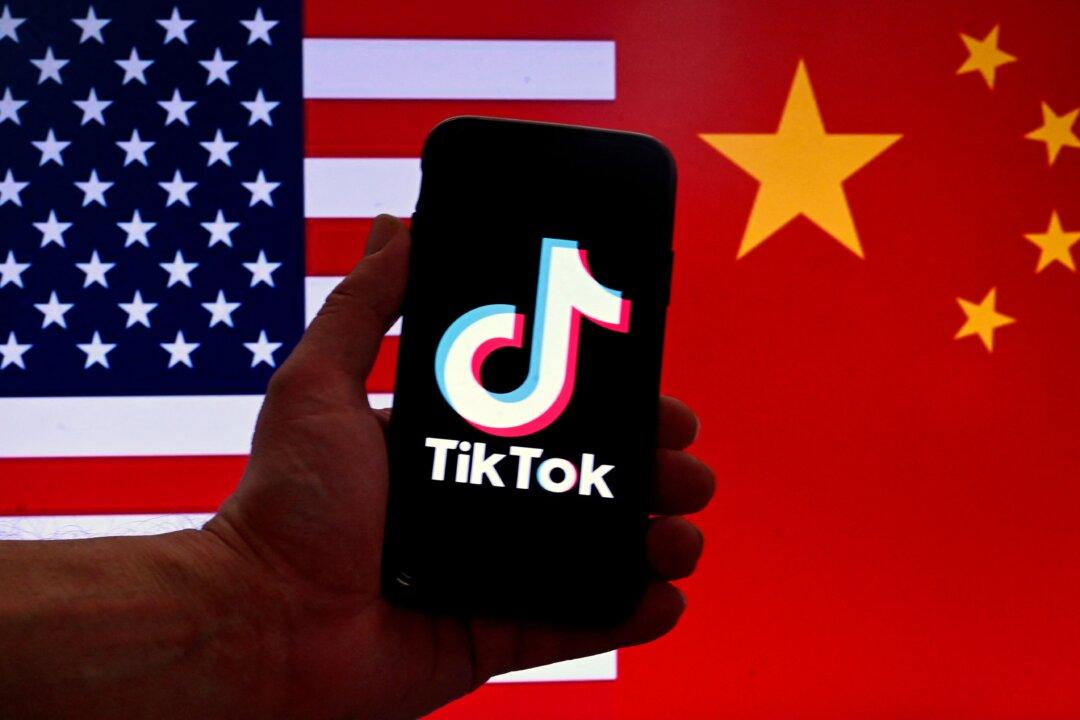A favorite parlor game for those of us in international relations and global studies is trying to answer the question of what Western powers should do about China. Undoubtedly, the once dubbed “sleeping dragon” has awoken and shaken up the international order with its aggressive economic policy, alarming espionage efforts, and anti-democratic ideology. Some academics argue that economic integration is best; others suggest a heightened military presence in the South China Sea and bolstered cyberwarfare capabilities. Former President Trump attempted to shackle China through a controversial tit-for-tat trade war. But if there is one thing that China desires above all else, it is legitimacy in the eyes of the global community, and the West fails to properly leverage that desire.

Ester Ledecka of the Czech Republic competes during the Alpine Skiing Ladies Super-G on day eight of the PyeongChang 2018 Winter Olympic Games at Jeongseon Alpine Centre in Pyeongchang-gun, South Korea, on Feb. 17, 2018. Alexander Hassenstein/Getty Images
|Updated:
Commentary
Chris Fenton, a long-time media executive and U.S.–China expert, often lectures the “National Security & Sports” course at the National War College. He’s also a member of the Council on Foreign Relations and the National Committee on U.S.–China Relations, as well as a trustee of the US-Asia Institute.
Author’s Selected Articles



